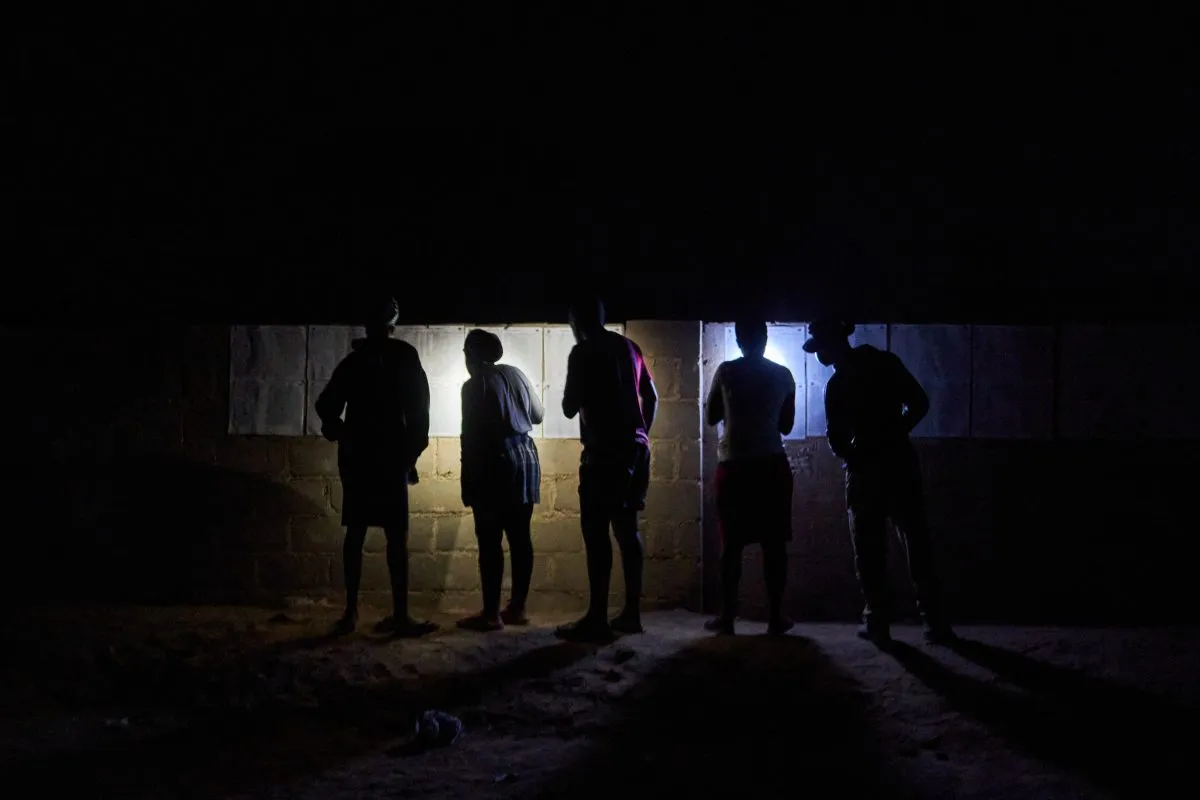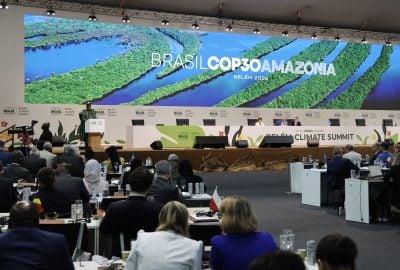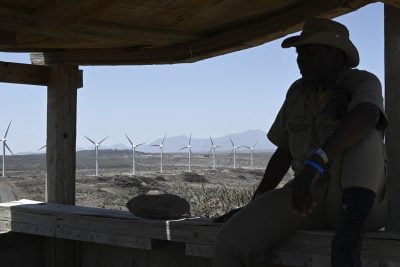Zimbabweans have been experiencing blackouts for up to 18 hours a day in recent months.
The immediate cause of load shedding in Zimbabwe is the regional drought that has caused the Kariba Dam on the Zambezi River, which also supplies power to neighbouring Zambia, to operate at well below full capacity.
But the crisis also reflects years of under-investment in energy infrastructure. Aside from the Kariba Dam, the country is largely reliant on a handful of ageing coal-fired power stations, and is forced to use scarce foreign currency to import electricity from neighbouring countries.
Mads Vestergaard Sørensen, CEO of Denmark-based Renergy Solar, which is planning a 100 MW solar facility in the country, believes that solar power can provide a large part of the solution – and says the government has been supportive of their approach.
“We really have great belief in Zimbabwe,” he says, noting that Zimbabwe has excellent conditions for generating solar power. It “makes no sense”, he says, that Zimbabwe is dependent on imported electricity, noting that the country should be a net exporter of power to the rest of Southern Africa.
And he highlights that the mining sector would be able to take-off with a more reliable power supply, referring to a 2023 World Bank report that suggests electricity demand will grow from 1,950 MW in 2022 to 5,177 MW by 2030, largely due to the development of the mining sector.
“Imagine that economic growth,” says Vestergaard Sørensen. “All this would just make Zimbabwe a totally different economy.”
Government proves receptive
Vestergaard Sørensen is effusive in his praise of the Zimbabwean government. While the company has had multiple challenges with projects in countries such as Kenya and Ghana, Vestergaard Sørensen says Zimbabwean officials have proved to be “extremely efficient” and eager to accommodate his team’s requests.
This assessment may seem surprising, given that Zimbabwe is still widely seen by foreign investors as a high-risk jurisdiction. The country’s reputation has never fully recovered from the chaotic seizure of white-owned farms in the early 2000s and a long period of decline under former President Robert Mugabe. Several leading figures, including current President Emmerson Mnangagwa, remain under international sanctions.
Vestergaard Sørensen believes, however, that the government “really wants to create good examples” in the energy sector to incentivise further investment.
Bankability problems
A key challenge is securing finance. The sanctions imposed by the United States, the European Union and the United Kingdom are largely targeted against individuals and do not prohibit investment in civilian industries like solar power. In practice, however, Zimbabwe’s status as a semi-pariah country makes international lenders reluctant to consider financing projects in the country. The World Bank and IMF have refused to lend to Zimbabwe for over 20 years because of unpaid arrears.
“Bankability is a big issue,” Vestergaard Sørensen acknowledges. Doubts over the ability to remit foreign currency are another hurdle amid a persistent shortage of dollars and a seemingly endless succession of currency crises. Renergy is in talks with Zimbabwean officials over how it will be paid; Vestergaard Sørensen warns payments in local currency “would be very difficult for us to accept”.
Nevertheless, the company is determined to push ahead with its plans.
“We will spend a lot of time and money on this market,” says Vestergaard Sørensen, adding that he wants Renergy to be well-positioned when the energy sector begins to fulfil its potential.
And he is convinced the country will find a way out of its present difficulties. “In five years, I think we will see a totally different Zimbabwe when you look at the energy sector.”
Want to continue reading? Subscribe today.
You've read all your free articles for this month! Subscribe now to enjoy full access to our content.
Digital Monthly
£8.00 / month
Receive full unlimited access to our articles, opinions, podcasts and more.
Digital Yearly
£70.00 / year
Our best value offer - save £26 and gain access to all of our digital content for an entire year!

 Sign in with Google
Sign in with Google 



